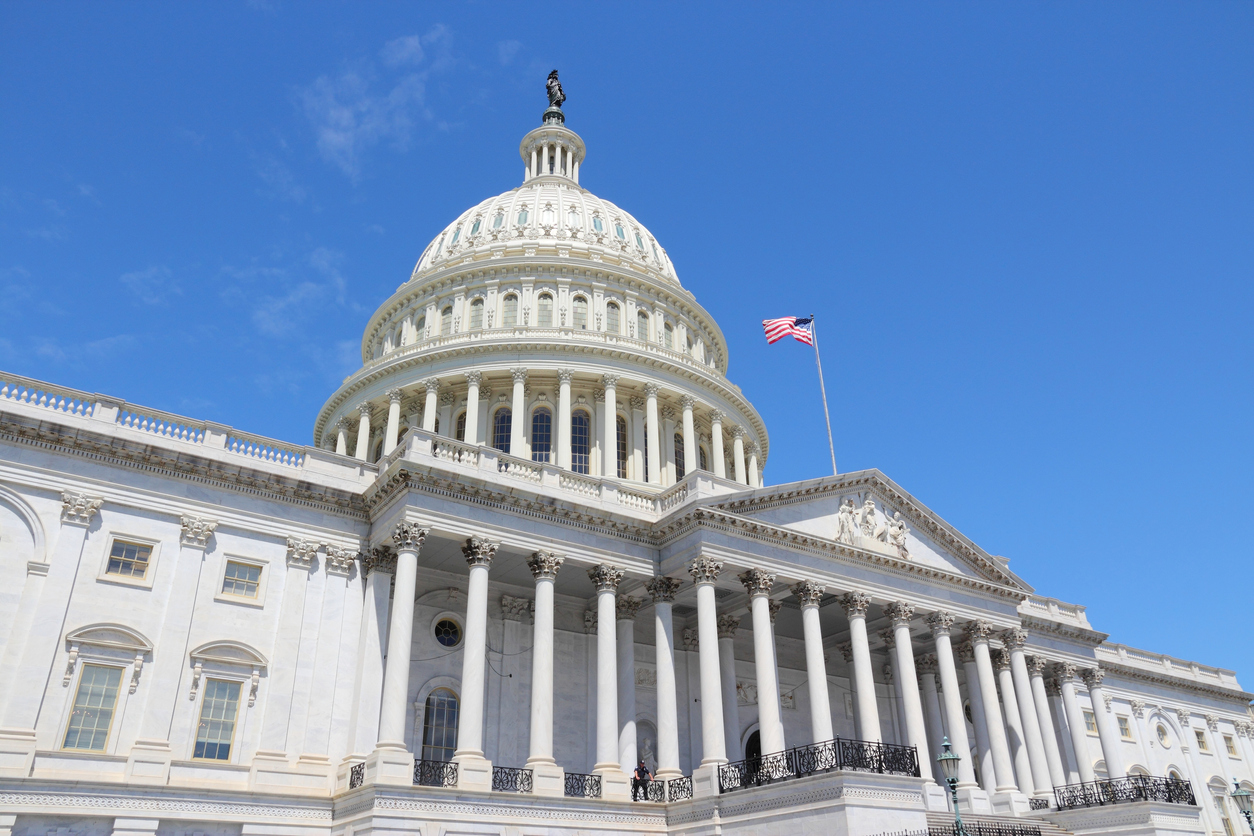The Scoop: Elite college presidents grilled by Congress over antisemitism on campus
Plus: Taylor Swift is named Person of the Year, another person dies after drinking Panera Charged Lemonade.

The presidents of Harvard, MIT and UPenn faced tough questioning on Capitol Hill over the rise in antisemitism on their campuses. NPR said that the pointedly titled “Holding Campus Leaders Accountable and Confronting Antisemitism” hearing was contentious at times. House Committee chair of the Committee on Education and the Workfoce, Rep. Virginia Foxx, R-N.C., demanded that leaders “answer to and atone for the many specific instances of vitriolic, hate-filled antisemitism on your college campuses that have denied students the safe learning environment they’re due.”
College campuses have become flashpoints for debate and controversy around the Israel-Hamas war. Harvard faced heavy criticism for its delayed and muddled early response to the initial terrorist attacks of Oct. 7, pro-Palestinian protests have drawn controversy, and antisemitic incidents are on the rise.
The three presidents worked to regain the narrative and position their role as one of education to dispel the darkness of hatred.
“Antisemitism is a symptom of ignorance, and the cure for ignorance is knowledge,” Harvard President Claudine Gay told the Congressional panel.
MIT President Sally Kornbluth discussed the challenges of balancing freedom of speech, including abhorrent speech, with talk and actions that expand into threats. “Problematic speech needs to be countered with other speech and education,” Kornbluth said.
Why it matters
The rising wave of both antisemitism and Islamophobia is concerning and may prove to be one of the most enduring impacts of the Israel-Hamas conflict in America. And universities are stuck in a difficult position: answering for the actions of young people who are not employees. While the three universities questioned before Congress are all private institutions and not subject to the legal free speech considerations of a public college, all also hold freedom of thought and opinion as key values and components of their mission and culture.
But they will continue to struggle to find the line between despicable (but permissible) speech and that which calls for violence. Differing opinions on those decisions will lead to more outcry from politicians or donors, as well as from potential students who may look for an environment where they feel safer.
“President Gay’s refusal to draw a line around threatening antisemitic speech as a violation of Harvard’s policies is profoundly shocking given explicit provisions within the conduct code prohibiting this kind of bullying and harassment,” Harvard Hillel, a Jewish student group, said in a statement after the Congressional hearing, indicating there is still much work to be done.
The Israel-Hamas conflict has tested and will continue to test us all, including communicators, they seek to allow opportunities for expression while maintaining civility and safety. Consistency and transparency will be the most important concepts moving forward.
Editors Top Reads
- Taylor Swift has been named Time’s Person of the Year, capping off a pitch-perfect 2023 for the megastar. Earning the recognition is a major PR coup, and Time’s writeup announcing her win applauds her skills as a communicator in particular: “Taylor Swift is telling me a story, and when Taylor Swift tells you a story, you listen, because you know it’s going to be good—not only because she’s had an extraordinary life, but because she’s an extraordinary storyteller,” wrote Sam Lansky. He recounts a story she shared about an early career experience with Kenny Chesney. “Listening to Swift share this, on a clear fall afternoon in her New York City apartment, I’m struck by how satisfying the story is. There are high stakes at the outset; there are details, vivid and sensory; there’s a twist that flips the action on its head; and there’s a happy ending for its hero. It takes her only about 30 seconds to recount this, but those 30 seconds contain an entire narrative world.” Read more about Swift’s PR savvy.
- A second person has reportedly died after consuming large quantities of Panera’s Charged Lemonade, USA Today reported. The beverage, which was available as self-serve with free refills, is described as “Naturally flavored, plant-based, with about as much CAFFEINE as our Dark Roast Coffee.” But it’s essentially an energy drink, and a large size contains more caffeine than any coffee on the store’s menu. Panera has made several changes, including putting the beverage behind the counter, and denies that its beverages contributed to either death. However, this is a grave reminder of the importance of clear communication about safe product use, and how words like “naturally flavored” and “plant-based” can give a false sense of security.
- Job openings fell in October to their lowest since March of 2021, CNBC reported. Openings fell 6.6% since September, and the ratio of available workers for open jobs is nearly at its pre-pandemic ratio of 1.2 to 1. This could be an indicator that rising interest rates and other federal actions designed to cool the labor market and reduce inflation are finally working – but it could also mean tougher times ahead for workers.
Allison Carter is editor-in-chief of PR Daily. Follow her on Twitter or LinkedIn.







